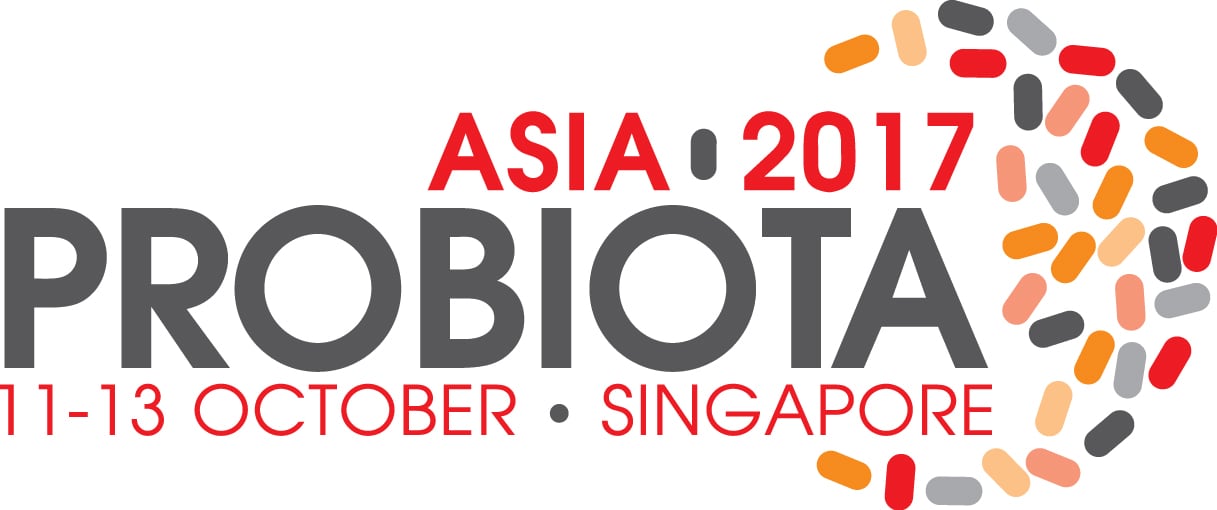Launches of probiotics-rich food, drinks, vitamins and dietary supplements increased by 124% globally between March 2012 and February 2017.
But in Australia and New Zealand alone, launches of probiotic dietary supplement and vitamin products increased by 200% between March 2014 and February 2017.
This can be attributed to probiotics’ multiple uses that extend beyond their established ability to improve digestive health. Indeed, probiotic supplement launches marketed with the added functional benefit of immunity climbed 100% in the same period.
Michelle Teodoro, food science and nutrition analyst at market intelligence agency Mintel, said, “This finding indicates how probiotics can benefit our immune system, which is also linked to gut health, according to recent research studies. Other notable functional claims present in probiotic vitamin and mineral supplements are antioxidant, antibacterial, energy, as well as slimming.”
She added that in the last two years, “there has been a 33% increase in probiotic vitamin and mineral supplement launches in New Zealand alone. Within these launches, immune system and digestive health are the two most prominent functional claims written on-pack”.
The growing prevalence of probiotic supplements in Australia and New Zealand is supported mainly by products designed for women and children.
New delivery formats for probiotic products have also been gaining traction.
Mintel pointed to increasing development around gummies and chews, especially for children, namechecking the likes of Bioglan’s Kids Smart Probiotic Choc Balls and Swisse’s Kids Probiotic Natural Berry Flavour Chewable Tablets as examples of innovative products.

The Probiota series is growing, and in October 2017, Singapore will host the first ever Probiota Asia event. Building on the success of the annual global Probiota and Probiota Americas events, Probiota Asia will focus exclusively on this high growth market and the challenges it faces.
Save the date: 11-13 October 2017
